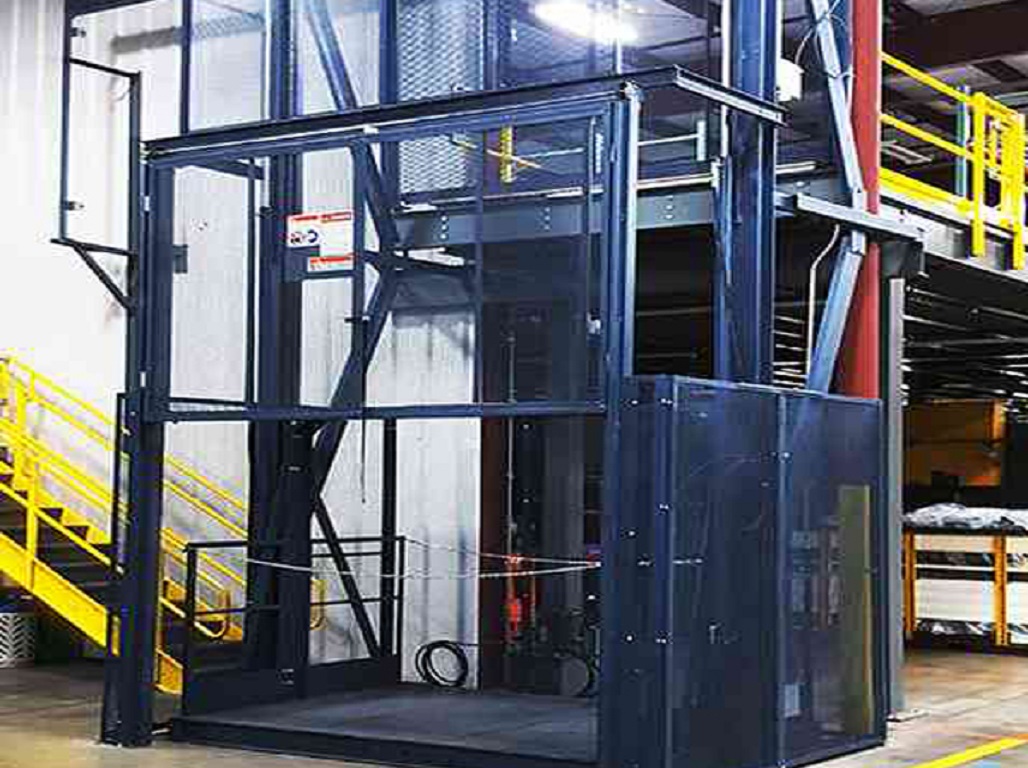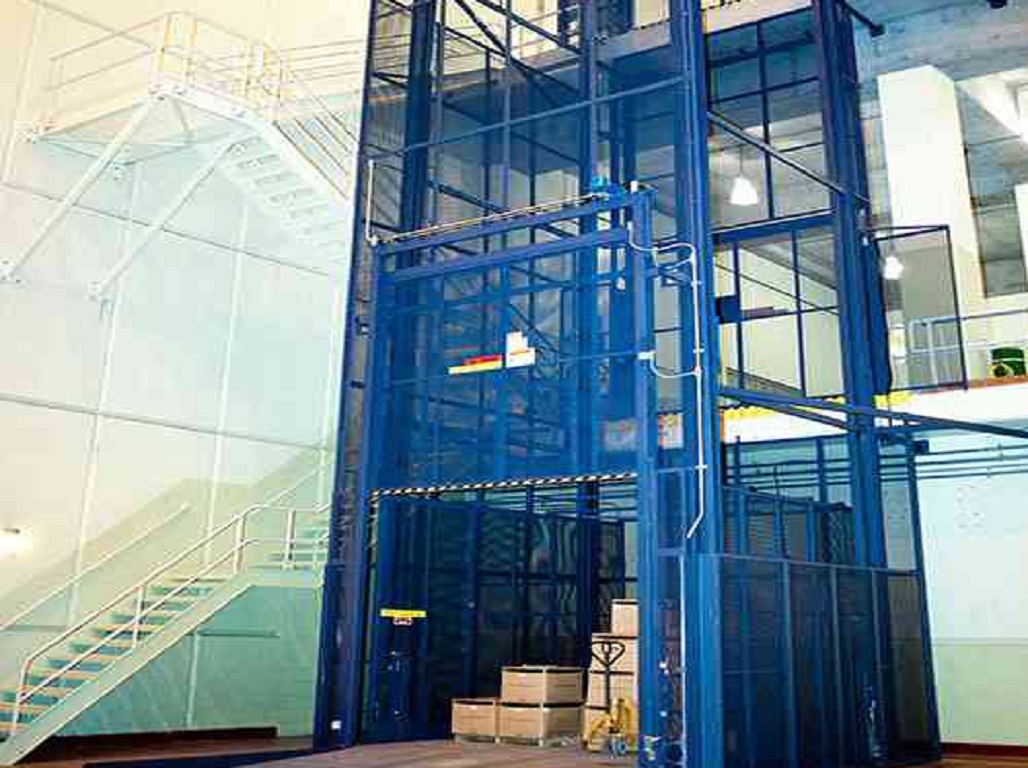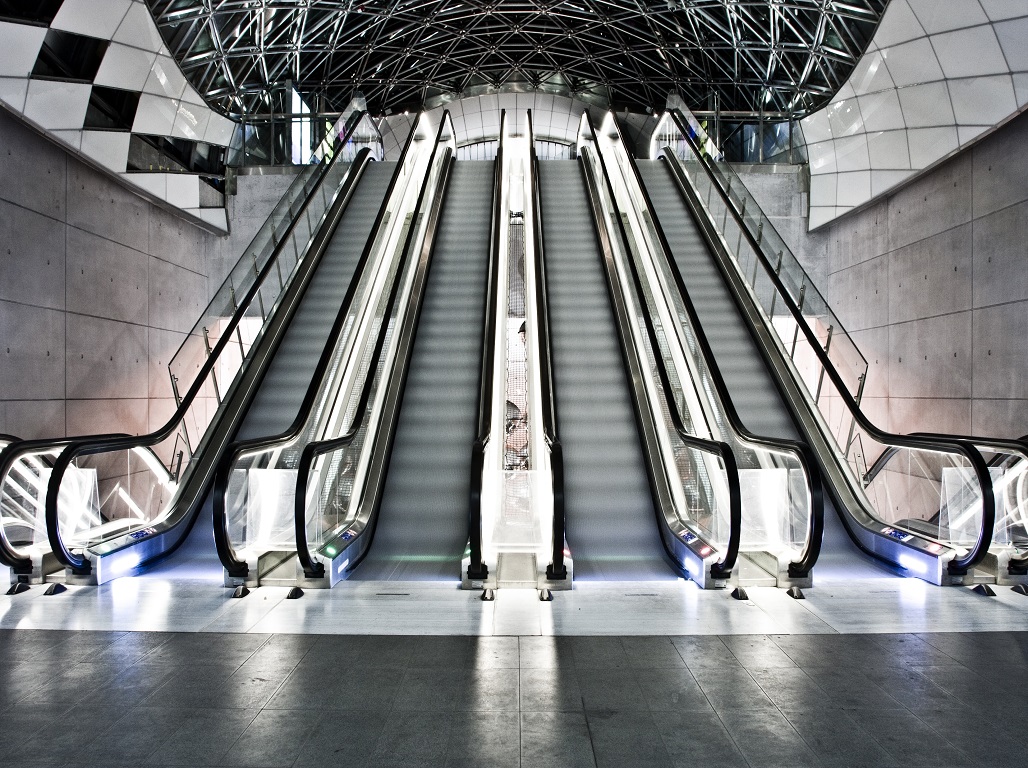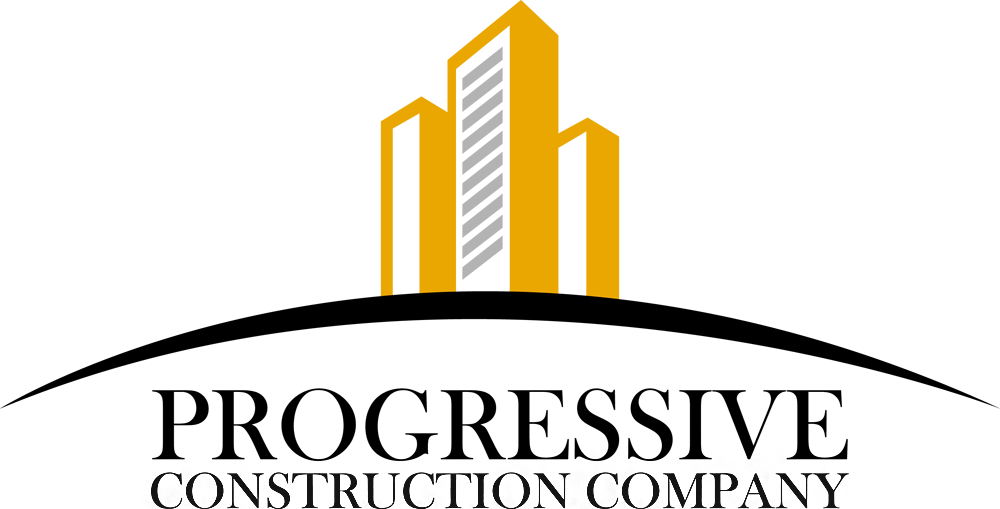Product Details
Industrial Elevator's
Industrial elevators are designed to handle heavy loads, tough working conditions, and frequent use in industrial environments like factories, warehouses, construction sites, and mines. These elevators are built for durability, safety, and efficiency in moving materials, goods, and personnel across various floors or levels of a facility. Here's a breakdown of the key types, features, and considerations for industrial elevators.
Industrial elevators are essential in numerous industries for the efficient and safe movement of materials and personnel. When choosing the right industrial elevator, factors like load capacity, durability, environment, and safety requirements play a crucial role. Regular maintenance and compliance with safety standards ensure reliable operation and worker safety, especially in high-risk industrial environments.
Routine Maintenance
Qualified elevator technicians are required to conduct periodic inspections, lubrication of moving parts, adjustment of cables, and checks on electronic systems.
Emergency Call System
Elevators are equipped with emergency communication systems, usually an intercom or button that allows trapped passengers to call for help.
Door Sensors
Modern lifts use infrared or pressure sensors to prevent doors from closing if someone or something is blocking the entrance.
Safety Features
Elevators should not be used during a fire. They are usually equipped with fire emergency modes, which bring them to a safe floor if a fire alarm is triggered.
Modernization Services
As elevators age, they may require modernization to bring them up to current standards. This can involve upgrading components like motors, control systems, and safety features.
Backup Power Supply
In case of power failure, elevators are equipped with a backup battery or generator to ensure passengers aren't trapped and the lift can safely reach the nearest floor.













.png)